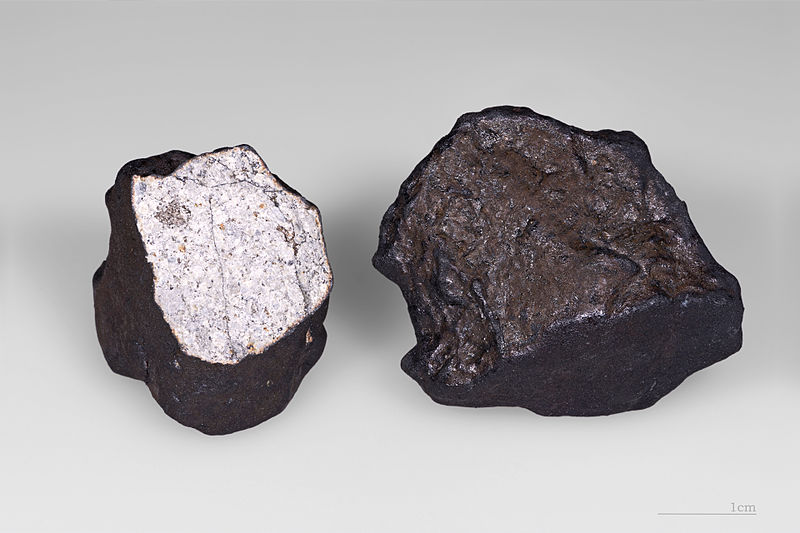The Disadvantages of Using Magnets to Find Meteorites

Meteorite hunters, it's time to ditch the magnets. According to researchers, this commonly used method of identifying space rocks can erase valuable scientific information. In the April Journal of Geophysical Research: Planets, scientists reported that even a small magnet can erase any record a meteorite may have retained about the magnetic field of its parent body. This concern isn't just theoretical, as a subset of the oldest known Martian meteorites seem to have already had their magnetic memories wiped.
Meteorites are a valuable resource for scientists, as they offer a close-up look at other worlds and help us understand our own. Investigating meteorites can provide insights into planetary atmospheres, the building blocks of life, and more. Foteini Vervelidou, a planetary scientist, uses meteorites from Mars to study the ancient past of the planet. These are chunks of the planet that were blasted into space by an impact and later captured by Earth's gravity. Only a few hundred of these meteorites are known to exist, and even fewer of them contain minerals with imprints of the Red Planet's magnetic field.
The oldest Martian meteorites, which date back to roughly 4.4 billion years ago, provide an outstanding opportunity to study the magnetic field. However, there is a danger of destroying these opportunities. Vervelidou and her colleagues have demonstrated that bringing a hand magnet close to a meteorite can rearrange the spins of the rock's electrons. This rearrangement overwrites the imprint of a previous magnetic field. The team examined nine meteorites that originated from the same oldest known chunk of Mars, all of which had been remagnetized.
While the discovery is unfortunate, it's not surprising. Melinda Hutson, a meteoriticist at Portland State University and the curator of the Cascadia Meteorite Laboratory, who was not involved in the research, stated, "Just about everyone wants to stick a magnet on the side of a potential meteorite." It is possible to evaluate a meteorite without destroying its magnetic properties. A lab instrument called a susceptibility meter, which measures how an object would respond to a magnetic field, can be used for this purpose. Portable versions also exist, and Vervelidou and a team of meteorite researchers used one to find nearly 1,000 meteorites on a recent expedition in Chile. Hopefully, these space rocks will shed light on Mars' magnetic past.
At Science News, our mission is to provide accurate and engaging news of science to the public. Today, this mission is more critical than ever. As a nonprofit news organization, we rely on your support to keep our content free and available to future generations of scientists and engineers. Please donate today to invest in quality science journalism.




